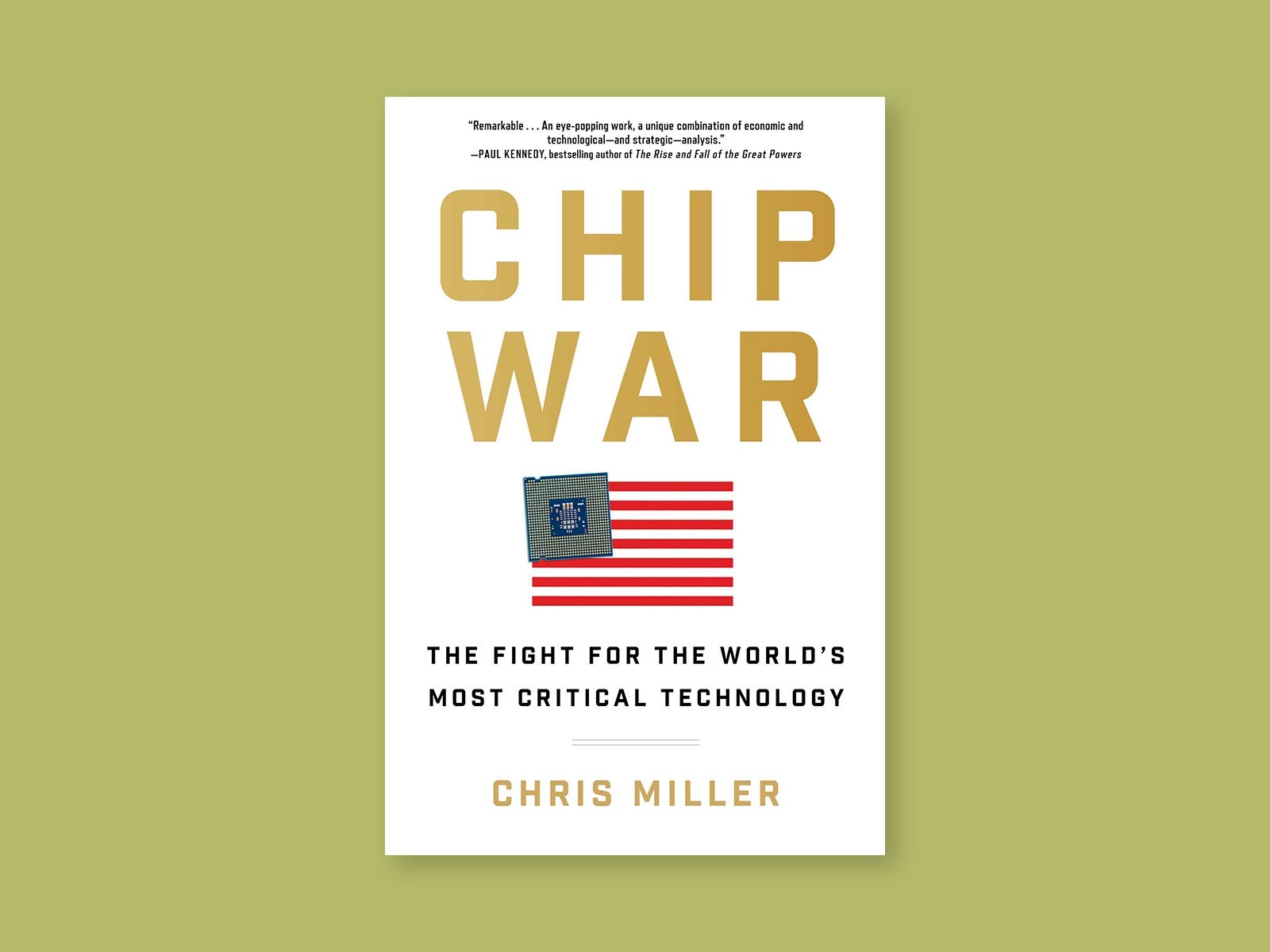Chip War, by Chris Miller (Scribner). Silicon chips undergird all of modern digital technology, yet only a handful of companies are capable of producing them or the nanometre-scale precision instruments required for their manufacture—making the industry “a triumph of efficiency,” Miller writes, but also creating “a staggering vulnerability.” This history traces the chips’ development, from their invention, in America, in the nineteen-fifties, to the establishment of a global supply chain concentrated in East Asia. Today, nearly all advanced processor chips are produced in Taiwan, and Miller mounts a convincing argument that shifting control of the industry could dramatically reshape the world’s economic and political orders.
Botticelli’s Secret, by Joseph Luzzi (Norton). In 1882, an Austro-Hungarian art collector purchased a set of drawings by Sandro Botticelli that had been languishing in private collections in France and England for centuries. In this wide-ranging history, Luzzi considers why the drawings, which illustrated eighty-eight cantos of Dante’s Divine Comedy, had fallen into oblivion, and charts both Dante’s and Botticelli’s reputations across the ages. Many early critics found Botticelli’s drawings out of step with Dante’s text, arguing that the Renaissance artist’s sensual, full-bodied humans undermined the medieval poet’s “visceral yearning for God.” Luzzi, by contrast, reads Botticelli’s drawings as “a ‘poem’ in their own regard,” and as a crucial link in the “mapping of the human spirit’s transition” from one era to the next.
Read our reviews of the year’s notable new fiction and nonfiction.
Best of Friends, by Kamila Shamsie (Riverhead). This novel begins in Karachi, in the nineteen-eighties, where the optimism of two privileged teen-age girls is punctured when they are abducted by a friend’s driver, an event that forces them to confront their powerlessness in a world dominated by men. Their friendship persists, in diminished form, as the novel leaps into present-day London, where the two work on opposite sides of Britain’s political divide: one as a venture capitalist and the other as a civil-rights campaigner. The pair’s frayed bond is tested when their abductor reappears to seek the latter’s help. After a fight, as one of them mulls “the unchanging truth of their friendship through everything the world could throw at them,” the other tells her, “A part of me has always hated you.”








